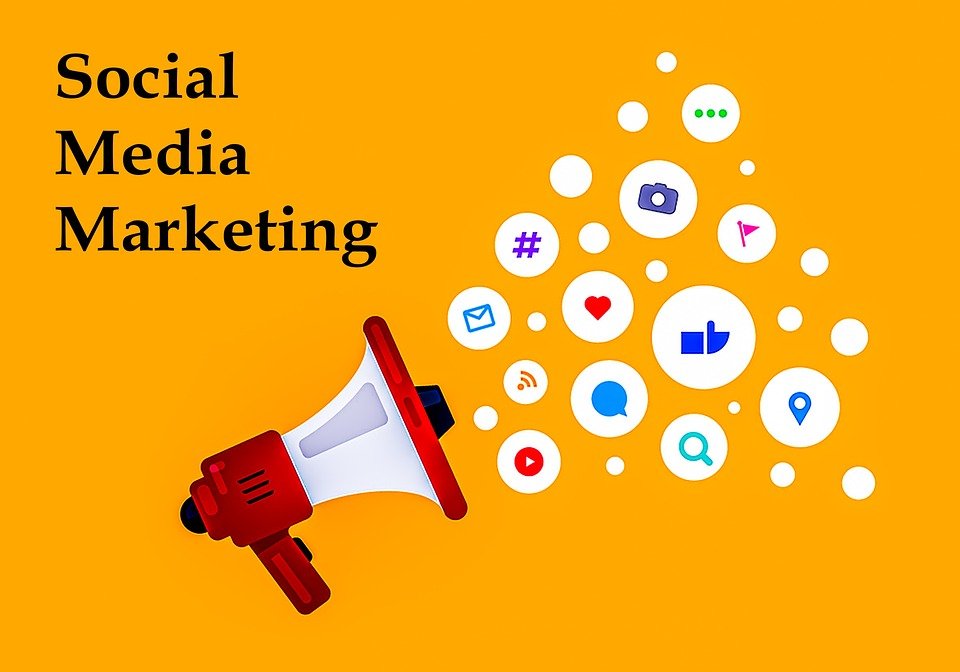Key Strategies for Successful B2B Marketing
1. Identify Your Target Audience: The first step in any successful marketing campaign is to identify your target audience. In B2B marketing, it is crucial to understand who your ideal customers are, what their needs and pain points are, and how your products or services can help solve their problems. Once you have a clear understanding of your target audience, you can create targeted marketing campaigns that will resonate with them and drive results.
2. Create Compelling Content: Content marketing is a key component of successful B2B marketing. Creating high-quality, informative content that speaks to the needs and pain points of your target audience is essential for establishing your company as a thought leader in your industry. Whether it’s blog posts, whitepapers, case studies, or videos, creating compelling content that provides value to your target audience will help you attract and engage potential customers.
3. Utilize Social Media: Social media is a powerful tool for B2B marketing, as it allows companies to connect with their target audience on a more personal level. By sharing engaging content, participating in industry conversations, and engaging with potential customers, companies can build relationships and generate leads through social media channels. LinkedIn is a particularly valuable platform for B2B marketing, as it is geared towards professionals and businesses.
4. Implement Email Marketing: Email marketing is a highly effective tool for B2B marketing, as it allows companies to communicate directly with their target audience and nurture leads over time. By creating targeted email campaigns that provide value to your audience, such as industry insights, tips and tricks, or special offers, companies can build relationships with potential customers and drive sales. Personalization and segmentation are key elements of successful email marketing campaigns, as they help to make the content more relevant and engaging.
5. Leverage Search Engine Optimization (SEO): Search engine optimization (SEO) is essential for B2B marketing, as it helps companies improve their visibility in search engine results and attract organic traffic to their website. By optimizing your website for relevant keywords, creating high-quality content, and building backlinks from reputable sources, companies can improve their search engine rankings and drive more traffic to their site. This, in turn, can generate leads and increase sales.
6. Use Account-Based Marketing: Account-based marketing is a targeted approach to B2B marketing that focuses on specific accounts or companies, rather than individual leads. By identifying key accounts that align with your target audience and creating personalized marketing campaigns for each account, companies can build relationships with decision-makers and influencers within those organizations. This personalized approach can help companies close deals faster and drive more revenue.
FAQs About B2B Marketing
Q: What is the difference between B2B and B2C marketing?
A: B2B marketing involves promoting products or services to other businesses, while B2C marketing involves promoting products or services to individual consumers. The target audience, marketing strategies, and messaging for B2B and B2C marketing are often different, as businesses have different needs and pain points than individual consumers.
Q: How can I measure the success of my B2B marketing campaigns?
A: There are several key metrics that can be used to measure the success of B2B marketing campaigns, including lead generation, conversion rates, ROI, website traffic, and engagement metrics. By tracking these metrics over time, companies can assess the effectiveness of their marketing efforts and make adjustments as needed to improve results.
Q: How can I generate leads for my B2B marketing campaigns?
A: There are several strategies that companies can use to generate leads for their B2B marketing campaigns, including content marketing, email marketing, social media, SEO, and account-based marketing. By creating targeted campaigns that provide value to your target audience and engage potential customers, companies can attract leads and nurture them through the sales funnel.
Q: What is the importance of branding in B2B marketing?
A: Branding plays a crucial role in B2B marketing, as it helps companies establish credibility, build trust with potential customers, and differentiate themselves from competitors. A strong brand identity can help companies attract leads, generate sales, and build long-term relationships with customers. Marketing campaigns that align with your brand values and messaging can help reinforce your brand and drive success in B2B marketing.
In conclusion, B2B marketing is an essential component of any company that sells products or services to other businesses. By implementing key strategies such as identifying your target audience, creating compelling content, utilizing social media, implementing email marketing, leveraging SEO, and using account-based marketing, companies can successfully reach their target audience and generate leads and sales. By understanding the importance of branding in B2B marketing and measuring the success of your campaigns, companies can drive results and achieve their marketing goals.




